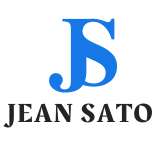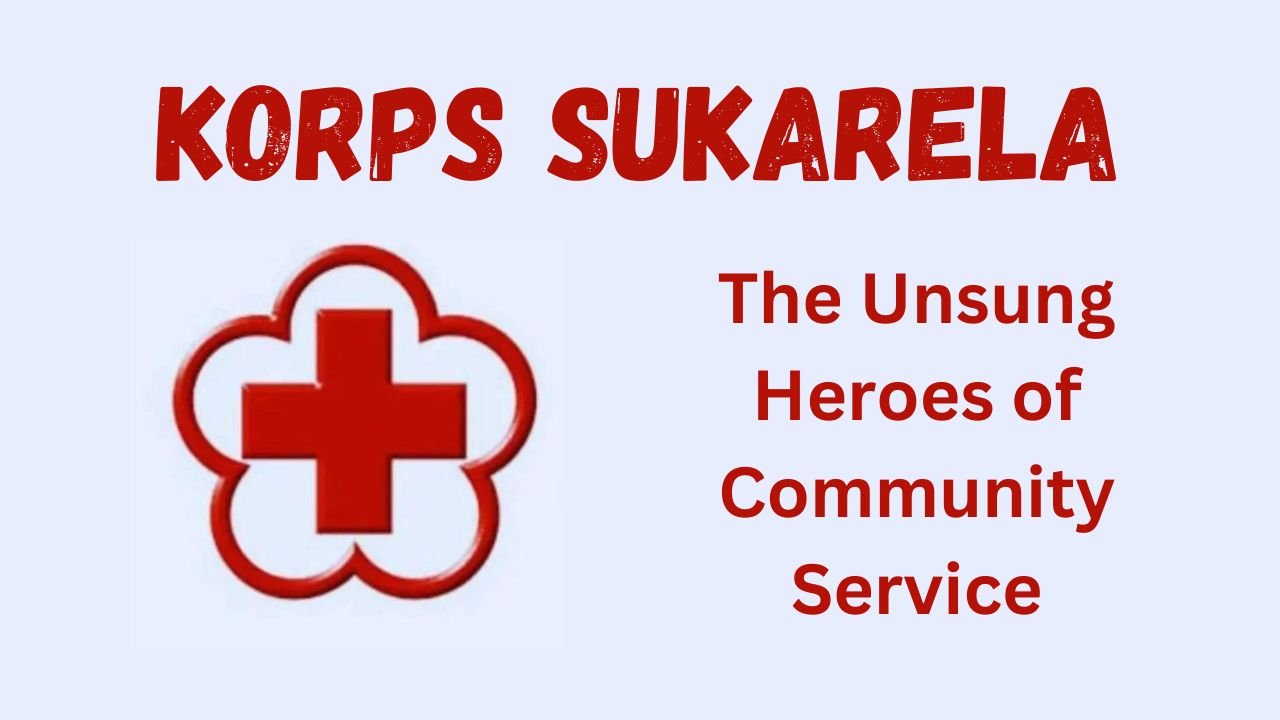Many towns all throughout the world have a small group of people who are especially determined to improve society. Often known as Korps Sukarela, or the Volunteer Corps, these unsung heroes put out great effort to empower, assist, and uplifting of their local areas. This page explores Korps Sukarela’s importance, their roles, and their great influence on society.
The Essence of Korps Sukarela
Often referred to just as volunteer corps, Korps Sukarela are groups of people who provide their time, resources, and talents without expecting any financial benefit. United by a same objective—to improve society—these volunteers from many backgrounds and occupations join together. Their work covers several fields, including social services, environmental preservation, disaster assistance, education, and healthcare.
Roles and Responsibilities
1. Disaster Relief and Emergency Response: Korps Sukarela mostly serves to offer quick help during natural catastrophes and crises. Whether it’s a flood, earthquake, or epidemic, these volunteers are generally among the first to respond, lending supplies, emotional support, and aid to impacted people.
2. Healthcare Services: In many areas, the provision of healthcare depends significantly on volunteer corps. They support medical camps, campaigns for vaccinations, and health consciousness initiatives. Their assistance becomes even more important during public health emergencies like the COVID-19 epidemic since it helps overburdened healthcare systems and guarantees that necessary treatments reach the most vulnerable groups.
3. Educational Support: One effective weapon for society change is education. Korps Sukarela helps impoverished schools, plans literacy initiatives, and offers tutoring services, therefore contributing to this. Their work helps close educational gaps, particularly in underprivileged areas, therefore allowing adults and children both to access high-quality education.
4. Environmental Conservation: Volunteers are often at the forefront of environmental conservation initiatives. They engage in activities such as tree planting, beach clean-ups, and wildlife protection efforts. By raising awareness about environmental issues and promoting sustainable practices, they help protect and preserve natural resources for future generations.
5. Social Services: Korps Sukarela also focus on addressing social issues such as poverty, homelessness, and social inequality. They run food banks, shelters, and support groups, providing essential services and advocacy for those in need. Their compassion and dedication bring hope and relief to countless individuals facing difficult circumstances.
Impact on Society
Korps Sukarela has had an almost invisible effect on society. Their altruistic donations not only meet urgent needs but also help communities to become resilient and united. Here are a few ways their work counts:
1. Strengthening Community Bonds: By working together towards common goals, volunteers create a strong sense of community and belonging. Their collaborative efforts build trust and cooperation, enhancing social cohesion and mutual support.
2. Empowering Individuals: Volunteering provides individuals with opportunities to develop new skills, gain valuable experiences, and build confidence. It empowers them to take active roles in their communities and become agents of change.
3. Promoting Positive Change: The actions of Korps Sukarela inspire others to get involved and contribute to societal well-being. Their dedication sets a powerful example, encouraging more people to volunteer and support community initiatives.
4. Bridging Gaps: Volunteer corps often operate in areas where government or private sector support is limited. They bridge gaps in services and resources, ensuring that vulnerable populations receive the assistance they need.
Challenges and Future Prospects
Though Korps Sukarela’s labor is priceless, it is not without difficulty. Common problems these groups deal with are limited resources, little funding, and volunteer burnout. Maximizing the impact of other stakeholders also depends on efficient coordination and cooperation among them.
Looking ahead, Korps Sukarela’s future rests in strategic alliances, ongoing community support, and creative volunteering practices. By using social media and technology, one can increase awareness, organize additional volunteers, and improve the effectiveness of their activities.
Conclusion
The volunteer corps, Korps Sukarela, epitomize communal service and generosity. Their relentless dedication to serving others—often in the face of hardship—is evidence of the force of human compassion and unity. Let us be motivated to join their ranks and help to contribute to the common endeavor of creating a better, more fair society as we honor and celebrate their achievements.











